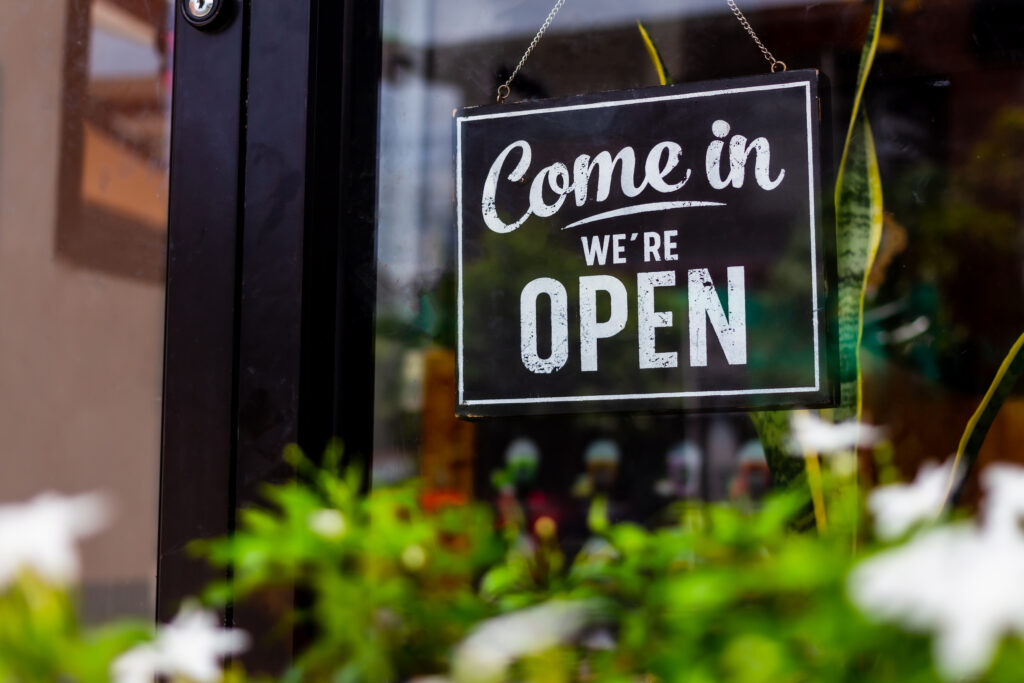So, you’re interested in the dynamic world of cryptocurrency. You’re curious about the future of blockchain in Australia or wondering how to start a blockchain business. Well, it’s easy to see why. Innovative and dynamic, it’s a fascinating field that’s sure to see amazing progress. One of the best ways to get involved in the industry is to study blockchain technology or cryptocurrency.
That said, you may still be wondering: what are the prerequisites to get into these blockchain and cryptocurrency courses in Australia? What kind of abilities do you need to study blockchain technology and cryptocurrency? Below, you’ll find a breakdown of the subjects, scores, as well as the hard and soft skills you’ll need to study blockchain or cryptocurrency in Australia.
Prerequisites to study blockchain technology and cryptocurrency
There are a few different pathways to studying cryptocurrency in Australia and each pathway has its own prerequisites.
Short courses are available on various topics, including cryptocurrency fundamentals, the relationship between blockchain and marketing, and specific cryptocurrencies (such as Bitcoin, Ethereum and Solana). Online courses like these often have no prerequisites, making them a great place to start if you’re just beginning your cryptocurrency study journey.
TAFE and VET blockchain and cryptocurrency courses – such as diplomas and certificates – generally require an upper-intermediate level of English proficiency and at least 11 years of formal schooling.
If you’re interested in doing a Bachelor of Business (or another bachelor degree) that specialises in blockchain, you will generally need an ATAR of at least 70 (or equivalent). You can meet this prerequisite by completing Year 12 (or equivalent) in the previous two years or sitting the Special Tertiary Admissions Test (STAT). In most cases, courses in business and related fields do not have specific prerequisite Year 12 subjects.
Maybe a postgraduate qualification – such as a graduate certificate, diploma or master degree – sounds like the right option for you. If so, you will need to complete a bachelor degree first in any discipline. In some circumstances, work experience in a relevant industry may act as an appropriate substitute for a bachelor degree. Postgraduate courses also usually require a certain level of English proficiency. Be sure to check the exact English language requirements for the specific course you’re interested in on the institution’s website.
You can also consult these free resources if you’re looking to take an official English language test to prepare you for TAFE or university.
Skills to study blockchain technology and cryptocurrency
Your qualification will open doors for you in your blockchain or cryptocurrency study journey. However, it’s important to hone your skills so you can embrace these opportunities and set yourself up for success.
Hard skills
Hard skills are technical, measurable abilities that can be learned through training and practice. Oftentimes, hard skills are specific to a particular role. At its core, blockchain is a technical field. So, if you possess the relevant technical skills, you’ll already be one step ahead of the competition.
The first thing you’ll need is a solid understanding of blockchain technology, including the principles of blockchain, systems architecture and smart contracts.
Coding is another useful hard skill if you’re interested in studying cryptocurrency. Many cryptocurrency courses and jobs require coding, with C++, Java and Scala being some of the common languages used in blockchain. Download any of these programs and practise coding in your downtime to get familiar with the process.
If you’re aiming to engineer and implement blockchain systems yourself, computer science or software engineering skills can prepare you to study blockchain technology.
Similarly, a strong understanding of cryptography and data security are great to have. For instance, if you’re working as a security architect, you’ll be responsible for protecting the company and its data. Therefore, understanding how the security landscape works is key.
Web development is another general skill that is always valued in the cryptocurrency domain. All blockchain and cryptocurrency companies operate online and therefore need websites to interact with consumers and stakeholders.
There are also certain laws by which blockchain and cryptocurrency companies must abide. As a result, having an understanding of laws and compliance practices is highly valued in the industry. A background in law will be especially useful if you plan to pursue a legal career in the blockchain and cryptocurrency sector.
Soft skills
Blockchain and cryptocurrency don’t solely rely on technical skills. To succeed in this industry, there is a range of soft skills you should refine to set yourself up for success.
Perhaps the number one soft skill for success is creativity. Blockchain is a relatively new and innovative industry, which means that things are always changing. So, you’ll need to be able to think outside the box and even make up a new box when required.
Being flexible and highly adaptable is also crucial. In such a rapidly evolving sector, you’ll need to adapt to changes and challenges as they occur.
These fields also revolve heavily around problem-solving. Make a conscious effort to conceptualise problems in different, unique ways to solve them efficiently. Doing so will help you stand out as a strong candidate in the blockchain sector.
Collaboration is another valuable skill. Because blockchain involves contributions from a number of experts from different fields, you need to be able to work well with others. Whether you’re collaborating with people in your own company or other companies, communication and teamwork are top assets. By prioritising these values and skills, all parties will be better able to achieve shared goals.
Finally, an autonomous work ethic is incredibly important. Many people studying and working in the cryptocurrency sector do so from home, and many projects are handled independently. As a result, you must have the capacity to manage your own time effectively and stay on task.
With these skills, you’ll excel in any of the fulfilling careers available in the blockchain sector.
Are you ready to begin your blockchain study journey? Take the first step with RMIT University. Uncover how blockchain technology is revolutionising Industry 4.0 and explore a new way to do business with blockchain strategy and solutions.





